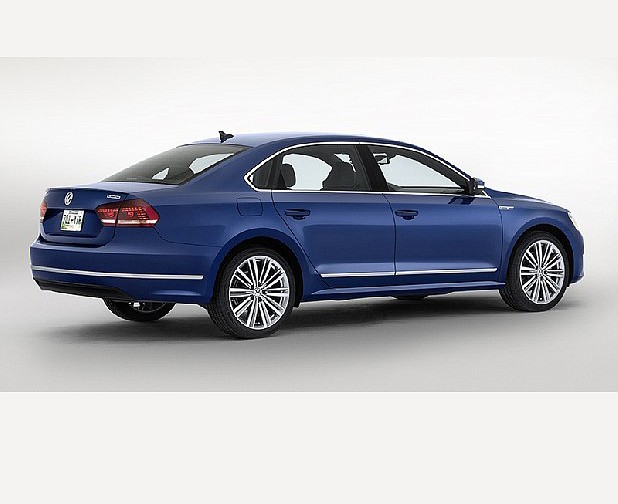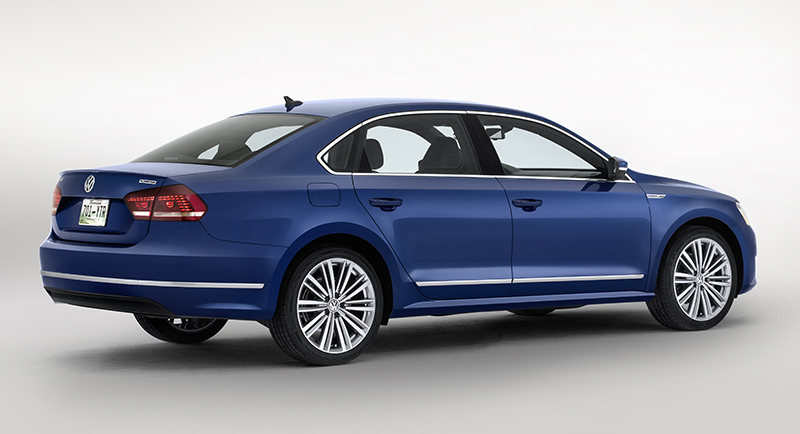Remember when gas was cheap - well under $1 a gallon - and cars or pick-up trucks that seemed as long as trains got about 9 miles per gallon?
Thank goodness at least the last part of that memory is just that - a memory.
Now gasoline costs have more than tripled, but fuel economy finally is poised to get dramatically better, thanks to strict new federal fuel-economy and carbon-emission standards finalized in 2012 with the tough new corporate average fuel economy standard.
The rule set the equivalent of 54.5 mpg as the fleet average automakers must achieve by 2025 - up from 29.7 mpg now and 35.5 mpg in 2016.
Of course, those numbers have given automakers the largest technological challenge they've had since the government began regulating emissions in 1970 and mileage in 1975.
But any way you measure it, ordinary people benefit. We'll have cleaner air, slower build-up of carbon in the atmosphere. And we can drive further for less money if we're careful shoppers and choose cars like a hybrid Toyota's Prius or a plug-in hybrid like the Chevy Volt or a diesel Volkswagen Jetta.
On Monday, VW upped the ante by unveiling its new version of the Chattanooga-made Passat that will achieve an estimated highway fuel-economy rating of 42 mpg.
That means there soon could be - if the automaker decides to put it in full production - a nonhybrid mid-sized sedan that will boast mileage in the range of a compact hybrid.
In other words, move over Prius.
The news came at the North American International Auto Show in Detroit. VW officials say the new gasoline-powered Passat BlueMotion Concept will be powered by a small turbocharged, 1.4-liter, 4-cylinder direct-injection gasoline engine - all without diesel or gas-hybrid or electric-hybrid technology.
The car will have an engine management system that shuts down two cylinders under light throttle. Another fuel-saving feature decouples the engine from the transmission during coasting to reduce mechanical drag. The car also will use stop-start technology that turns off the engine when the car is temporarily stopped, such as at a red light.
Saving energy - and gasoline and carbon - is all about engineering.
It's not impossible. It's not too expensive.
It's smart. And it's long, long, long overdue.
Best of all, this technology and the car that will use it will be made in Chattanooga!
What a nice export to have associated with our name - and the 2,700 jobs at VW's Bonny Oaks assembly plant.
Now if we can just get it and that new VW SUV assembly line OK'd and cranking here to give the region another 500 or so jobs. That would just be gravy, and green.

